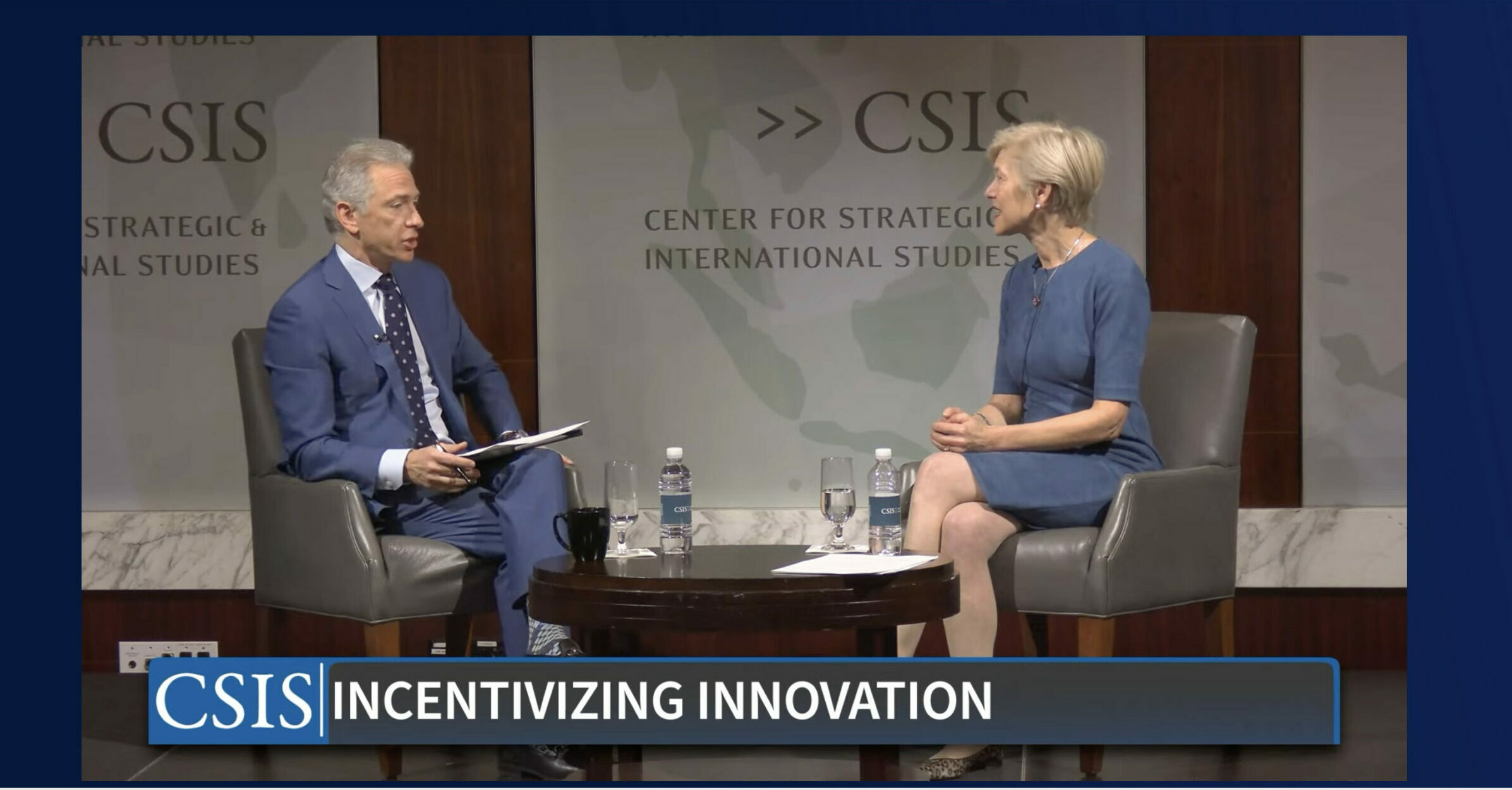Minority Owners of a Trademark Registrant, Who neither Use nor Possess Ownership Rights in the Mark, Cannot Seek Cancellation of Third-Party Trademark Registrations Based on Likelihood of Confusion | Knobbe Martens
Before Lourie, Reyna, and Chen.
Appeal from the United States Patent and Trademark Office, Trademark Trial and Appeal Board.
Summary: Parties that own minority shares in the trademark registrant, but do not separately use or possess an ownership right in the trademark, are not entitled to seek cancellation of third-party registrations based on likelihood of confusion.
Hobbs Winery owns the U.S. trademark registration for PAUL HOBBS on “Wines.” Luca McDermott Catena Gift Trust (“Luca”), which owns a minority share in Hobbs Winery, filed a petition to cancel the trademark registrations for ALVAREDOS-HOBBS and HILLICK AND HOBBS, owned by Fructuoso-Hobbs SL and Hillick & Hobbs Estate, LLC (“Appellees”), on the grounds of likelihood of confusion and fraud. Appellees moved to dismiss the petition, arguing that Luca was not statutorily entitled to seek cancellation of the registrations because it was not the owner of the PAUL HOBBS mark. The Trademark Trial and Appeal Board granted the motion to dismiss. It concluded that Luca was not within the class of plaintiffs authorized by the statue to seek cancellation of third-party trademark registrations based on likelihood of confusion because it lacked individual ownership rights in the PAUL HOBBS mark.
The Federal Circuit affirmed the Board’s decision. It first analyzed whether Luca’s interest fell within the “zone of interests” that Congress intended to protect in the statute. The Federal Circuit held that because Luca did not personally own or conduct any business under the PAUL HOBBS mark and based its action only on its minority interest in Hobbs Winery, Luca’s claims were not within the zone of interests entitled to seek cancellation. The court ruled that Luca’s interest as a minority shareholder of the registrant was not “the direct commercial interest in the registration at issue that the trademark laws contemplate.”
The Federal Circuit also analyzed whether Luca’s alleged injuries were “proximately caused” by the alleged violation. The court determined that Luca’s alleged injury was merely derivative of any injury suffered by Hobbs Winery, making it too remote to provide a cause of action to seek cancellation under Section 1064.
LUCA MCDERMOTT CATENA GIFT TRUST v. FRUCTUOSO-HOBBS SL
Editor: Sean Murray






